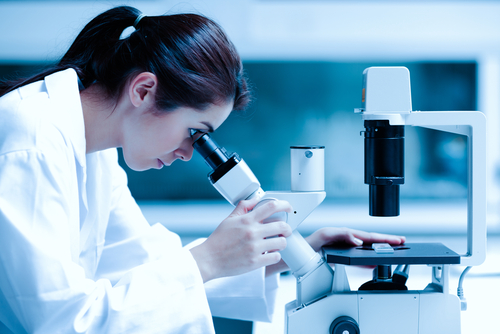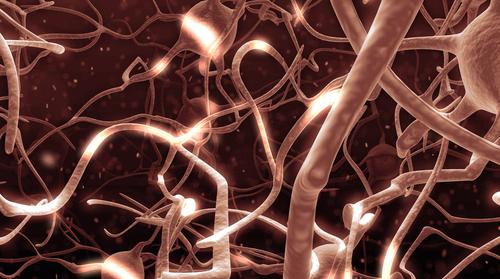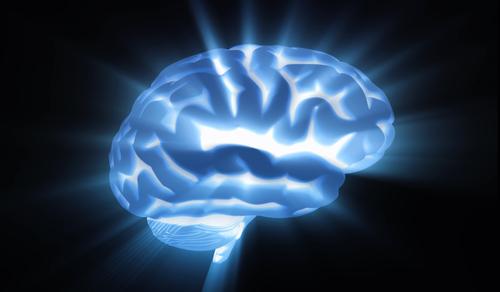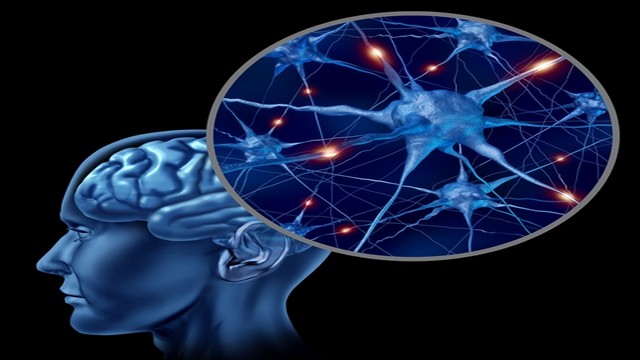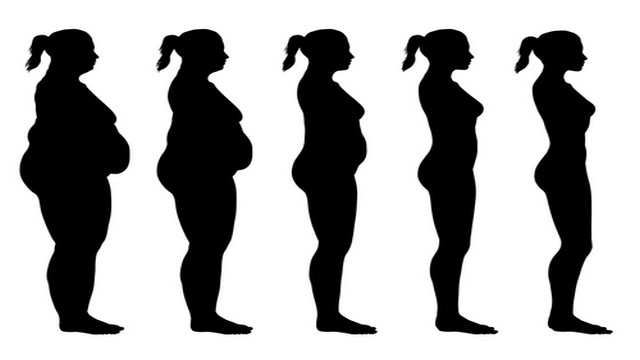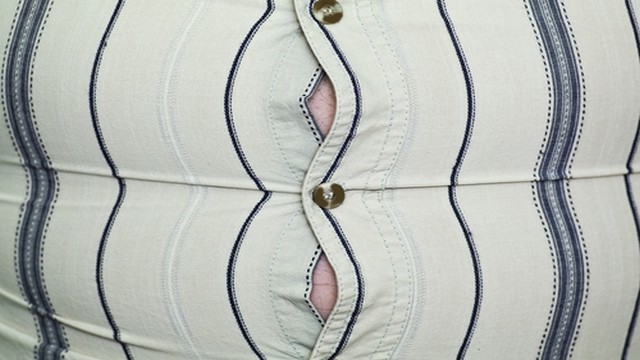Surprising Science
All Stories
A study that starts today uses ordinary citizens and vehicles equipped with Internet access to help researchers gather data that could drastically improve the driving experience.
What’s the Big Idea? Love your best friend? Good. Chances are you’re unconsciously emulating her. As humans, we all engage in mimicry, says Harvard physician and sociologist Nicholas Christakis, and […]
Using a new medical device, a biotechnology company is looking to administer gene therapy directly to the brain by overcoming the notoriously troublesome blood-brain barrier.
Research dig deeper into theory that “men are able to not only detect when women are ovulating, but find them more attractive.”
According to the World Health Organization (WHO), if current smoking trends continue, “tobacco could kill a billion people around the world in this century.”
A diet rich in Vitamin C may decrease the harmful effects of air pollution for people who suffer from chronic lung diseases.
Based on a recent study, older people who are involved in singing programs have a higher measure of health.
The harmless bacteria found on the surface of the skin can enhance the function of immune cells.
A startup company has received a grant to create artificial meat using bio-ink and a 3D printing process.
A new security-based system, available for purchase later this year, will stop a cyberattack on your computer…and then launch a counterattack.
A group from Singularity U’s Graduate Studies Program successfully flew a drone in Zero G gravity, cutting that cost by a factor of 10, and wants to utilize the drones for STEM education, 3D mapping.
Microwave amplification by stimulated emission of radiation – “maser” technology – has been redesigned for practical use, with revolutionary implications for a variety of detection devices.
A camera, worn on a finger and providing data to a smartphone, combines augmented reality with wearable technology.
Researchers at separate universities are creating kitchens that use technology to “walk” cooks through the steps of meal preparation.
Companies are making it possible for electric vehicles to get their power from wind-energy sources. It may not be in the form of a rooftop windmill, but it’s getting there.
Too many published studies make claims that cannot be satisfactorily reproduced or verified. A new service makes it easier for labs to double-check their results before publishing them.
When research is reproduced it is confirmed as sound science. The process of turning that science into something, for example, a helpful drug, can then proceed. Unfortunately, an alarming 70 […]
A newly-formed group at NASA hopes to build on the success of the Mars Curiosity rover by creating workable plans for future exploration of the planet.
Last week, Massachusetts congressman Edward Markey submitted the “Wireless Surveillance Act of 2012,” which aims to protect the constitutional rights of cell phone users.
There very well may come a day when the norm of air travel for the general public is to fly at mach 6, making us truly citizens of the world.
How a doctor informs patients of possible negative side effects partially determines how the patient will experience those effects. So should doctors tone down the warnings?
A novel study out of MIT is the first of its kind to accurately describe the behavior of certain classes of neurons using simple, yet subtle, mathematical formulas, aiding in the fight against neurological disease.
The classic neurological challenge to free will is that the brain is active before an individual realizes he or she is acting, but a new analysis gives free will a fresh leg to stand on.
Since the creation of the insanity defense, experts have been debating whether or not a criminal can get away with faking insanity.
Butter on your popcorn could give you Alzheimer’s according to new studies.
According to researchers at the University of Pittsburgh, living in the moment is not possible.
According to a study, a man’s preference in body type is influenced by his environment.
Drunk driving, not being attentive, road rage and sleep deprivation are the most common causes of a car accident. Now reports say, being obese can put a person at risk of having a car accident.
New research demonstrates that letting your mind wander can make you a more creative person and effective decision-maker…when done correctly and consciously.
A simplified color-coding system represents the latest attempt to affect consumers’ food choices. However, it’s unlikely that such a system will be accepted beyond individual institutions or city governments.















